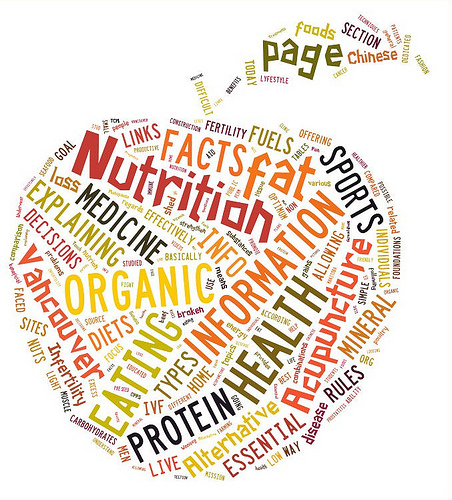If you're interested in health and fitness, you probably already know that being on top of your nutrition is a huge part of reaching your goals. There is so much contrary information out there, so in this blog post, I want to introduce the big players in nutrition, macronutrients: protein, carbohydrates and fat. I want to help you understand what they are, what they do, where to find them and why they're important. If you take care of these big guys, the smaller things should fall into line.
Protein
Protein is the gym-goer's favorite macronutrient. During strength training, you cause trauma to your muscles, and without protein, our body can't repair, can't get stronger, and will be more susceptible to injury in subsequent workouts. Without protein, the muscle will not recover and you won't see any results.
The main sources of protein are animal-based. If it used to be a muscle on something, then it's going to be a good source of protein. Chicken, beef and fish are all excellent protein providers. If meat isn't your thing, then eggs, dairy, nuts, seeds and legumes provide great protein, too. Vegetables also have some protein but for the most part, they don't contain all the essential amino acids our muscles need.
As great as protein is, it is possible to consume too much of it. The body can only process so much in one day, around one gram per pound of bodyweight. If you're consuming large quantities of protein it's important to keep your water intake up, too. Water will help your kidneys process the protein and flush out any excess.
Carbohydrates
Carbohydrates, or "carbs," are essentially energy. Carbs are the fuel that keeps you going though your workout. They fall into two distinct categories, simple and complex. Simple carbs are sugars; think candy, soda, juice and all those other sweet guilty pleasures. Simple carbs are a great source of quick energy; they enter your bloodstream quickly and are either used up or stored as fat.
Complex carbs, on the other hand, are sources of extended energy; pasta, potatoes, brown rice, sweet potatoes and bread all fall into this category. The energy from complex carbs takes longer to enter the bloodstream, providing a more sustained form of energy.
The glycemic index breaks carbs down into even more specific categories. The index is a scale based on how quickly the energy from food will hit the bloodstream. The faster it hits the bloodstream, the higher it appears on the index. The energy source you choose will depend on your goal. For instance, if you begin to fade in the middle of an intense workout, you need something quick like a sports drink. However, if you plan on spending the day taking a long, leisurely hike, you'll be looking for a source of sustained energy, like a sweet potato.
Fat
Fat is also an important source of energy, however, it has been demonized over the years simply because of our use of the word "fat." People think that fat makes you fat, but despite what people may lead you to believe, the fat you consume does not get stored unchanged as fat on your body.
Fats can be categorized as either saturated or unsaturated. Saturated fats are considered to be unhealthy and can promote heart disease, high cholesterol and abdominal fat. Think fried foods, red meat, chocolate, baked goods and potato chips.
Unsaturated fats, on the other hand, are thought to clear out arteries and veins. They include olive oil, almonds and fish. Fats like these are important to aid in the absorption of fat-soluble vitamins A, D, E and K. In terms of athletic performance, you'll want to consume unsaturated fats; they have the biggest health benefits and most bang for your buck.
Protein, fat and carbohydrate are the cornerstones of nutrition. If you're an athlete, you need them all in good measure. Be aware of what you're eating, think about your goals, and feed your body accordingly.
-- Jamie Galloway
Photo Credit: Flickr, vvonstruen
For more by Jamie Galloway, click here.
For more on diet and nutrition, click here.
